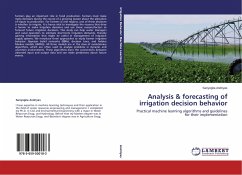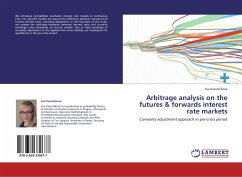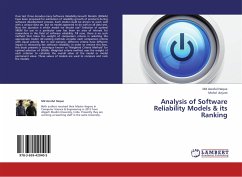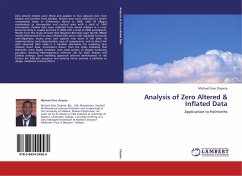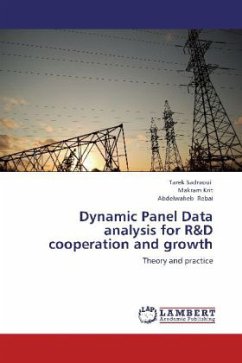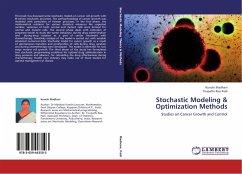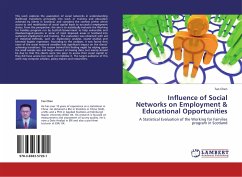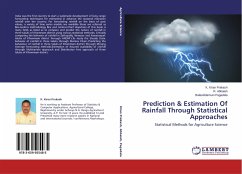Farmers play an important role in food production. Farmers must make many decisions during the course of a growing season about the allocation of inputs to production. For farmers in arid regions, one of these decisions is whether to irrigate. It is hence vital to investigate the reasons that drive a farmer to make irrigation decisions and use those reasons/factors to forecast future irrigation decisions. This study can help water managers and canal operators to estimate short-term irrigation demands, thereby gaining information that might be useful in management of irrigation supply systems. We introduce three approaches to study farmer irrigation behavior: Bayesian belief networks (BBNs), decision trees, and hidden Markov models (HMMs). All three models are in the class of evolutionary algorithms, which are often used to analyze problems in dynamic and uncertain environments. These algorithms learn the connections between observed input and output data and can make predictions about future events.
Bitte wählen Sie Ihr Anliegen aus.
Rechnungen
Retourenschein anfordern
Bestellstatus
Storno

